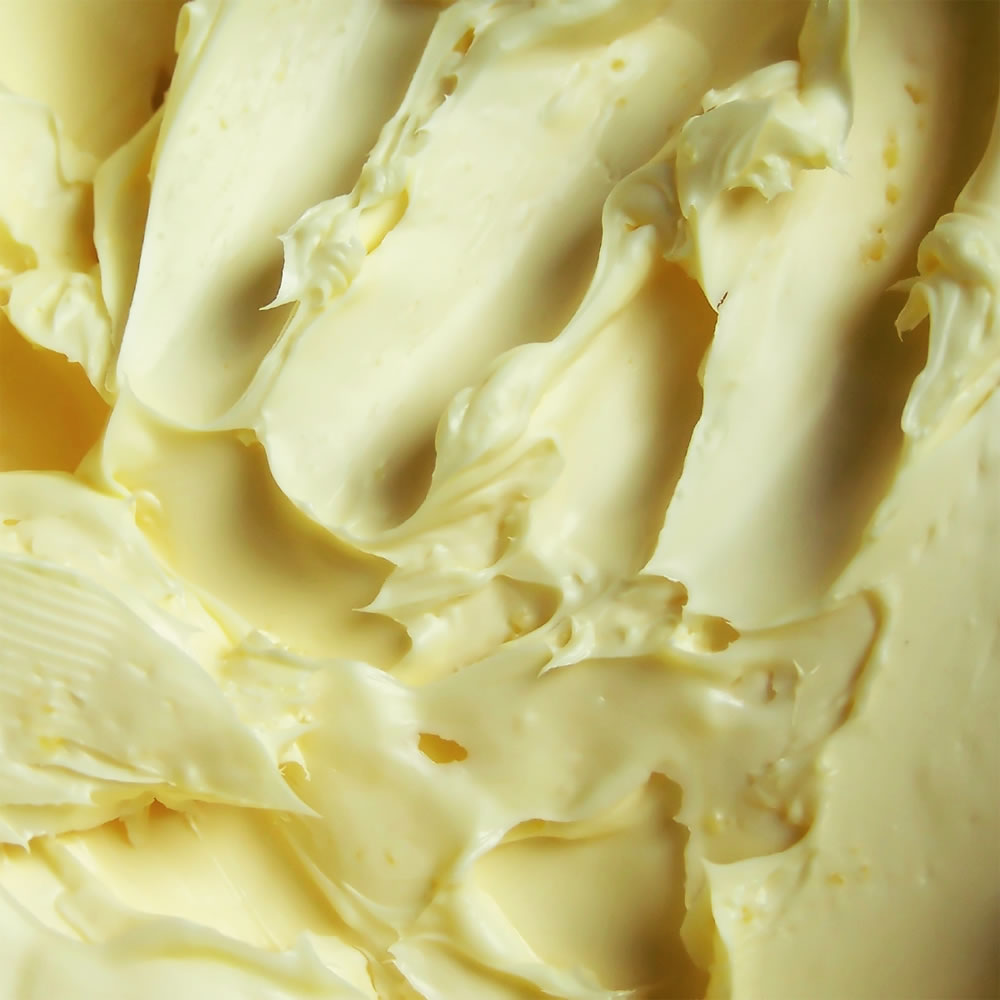For the love of 'smoer'
..made by churning fresh or fermented cream or milk, butter (from the Latin 'butyrum') was in olden times a luxury and created many an expression in Swedish.
-
 Hard to understand today perhaps, but the Swedish word for sandwich - "smörgås" - originated in the image of geese floating on water, like the one above. "Smörgås" literally means "butter goose", and people thought the buttery clumps that floated on top of the cream, when butter was being churned, were reminiscent of geese on water.
Hard to understand today perhaps, but the Swedish word for sandwich - "smörgås" - originated in the image of geese floating on water, like the one above. "Smörgås" literally means "butter goose", and people thought the buttery clumps that floated on top of the cream, when butter was being churned, were reminiscent of geese on water. -
-
For the love of "smör" (NOT smoer! /sorry for that/Ed.)
Butter has been a commodity in Sweden of late, well in all of Scandinavia actually (Swedish butter selling like hotcakes). The shortage of butter reminded us of the many uses of the word butter (“smör”) in the Swedish language. Many expressions hark back to “smör”.
Smörgås: (sandwich) It’s unclear why it is called “smörgås” (literally “butter goose”), but one explanation is that when small clumps of butter float up on top of the cream when one is churning butter, they look like geese floating on water. The word “smörgås” might originally come from the look of those clumps of butter. The word “smörgås”, when it began being used in the 16th century, was also used in plural, as in “smörgäss” (butter geese), but eventually people forgot the references to geese altogether. Today the plural for “smörgås” is of course “smörgåsar”
Han har riktigt kommit upp sig i smöret: (“He’s comfortably off” or “He’s in the clover” but literally “He’s come up in the butter”). This is an expression that originates in the time when everybody at the farm ate from one big communal bowl of porridge at the center of the table, with a spoon each. The person that got to the middle, where the yummy yellow hollow of melting butter was waiting, had “come up in the butter”.
Inte för allt smör i Småland: (“Not for anything”, literally “Not for all the butter in Småland”). Does the province of Småland have more butter than other provinces? No, that’s not at all what this expression is about. It is the fact that butter in Swedish, smör, starts with the same two letters as Småland.
Det går år som smör i solsken: (“It sells like hot cakes”, literally “It disappears like butter in sunshine”). Here the meaning is obvious, if something is popular it vanishes just as quickly as butter does in the sun.
Hon ser ut som om hon sålt smöret och tappat pengarna: (When one is looking unhappy without cause, literally: “She looks as if she sold the butter but lost the money”). Origin unknown, but somebody probably went to the market, sold his wares but lost the money before returning home. -
 Butter, "smör", is obviously something loved in Sweden since so many of our expressions are based on it.
Butter, "smör", is obviously something loved in Sweden since so many of our expressions are based on it. -
-
The invention of the centrifugal cream separator by Swedish engineer Gustaf de Laval in the late 1870s sped up the butter-making process by eliminating the slow step of letting cream naturally rise to the top of milk.
-
-
